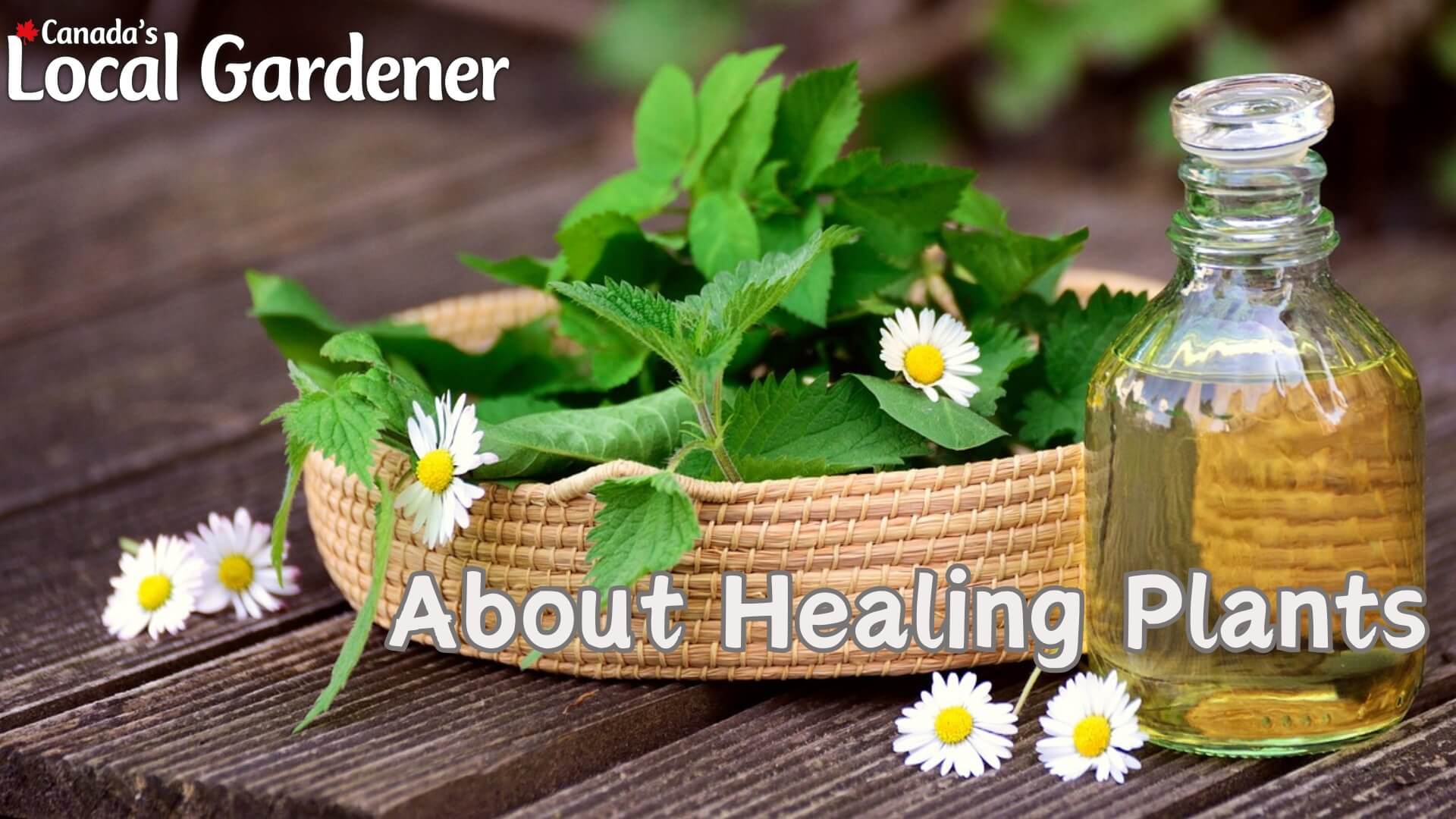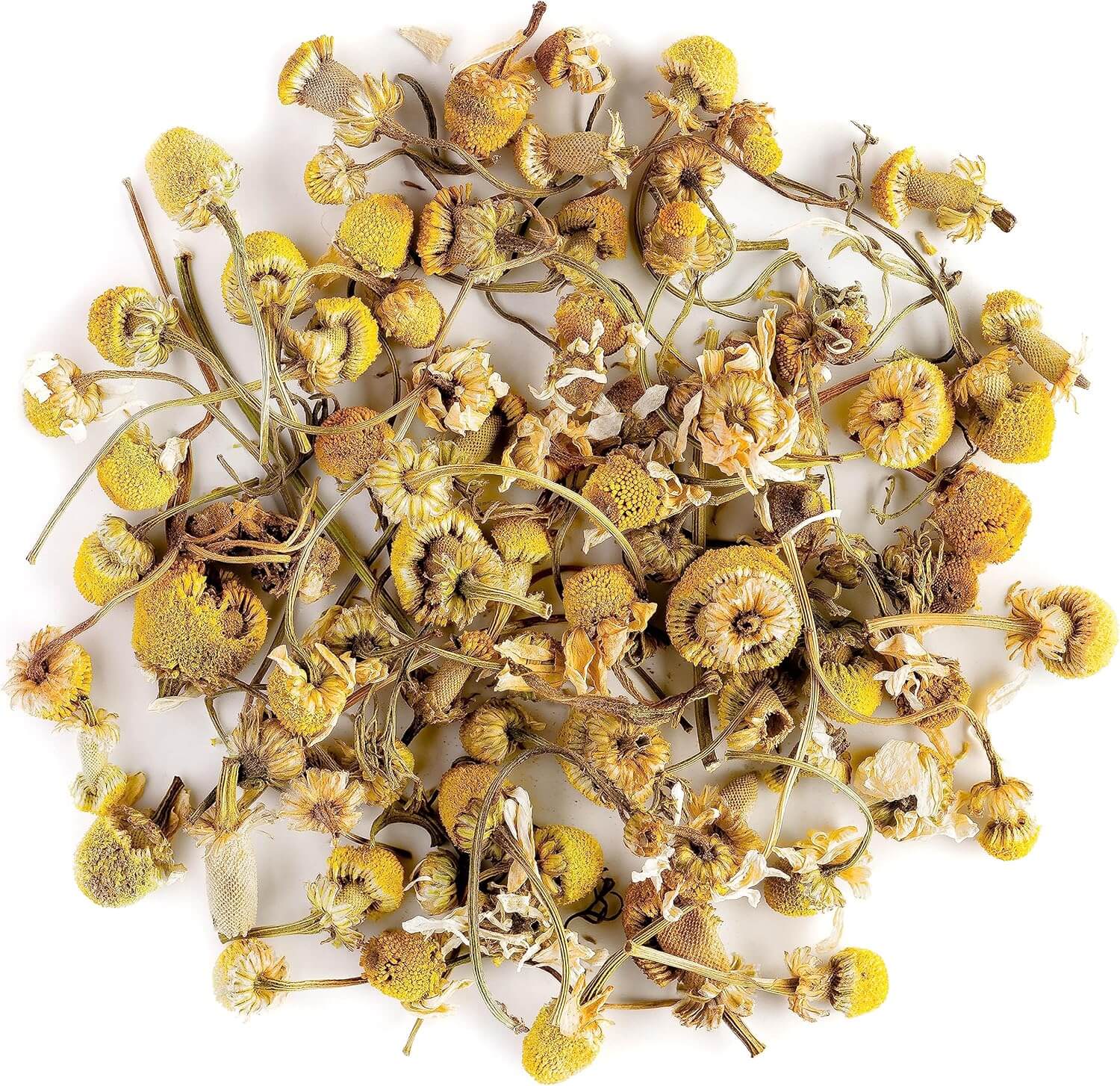10 Neat Things About Healing Plants
Discover the power of plants that science says can heal! From calming anxiety with lavender to easing headache with peppermint, these natural remedies have stood the test of time and research. Whether you’re curious about the wonders of turmeric or the soothing effects of aloe vera, this is your chance to explore the fascinating ways plants can support your health.
Continue reading to learn 10 neat things about healing plants, and unlock nature’s secrets!
1. Aloe vera for burns and skin health.
Studies confirm aloe vera’s effectiveness in treating minor burns, promoting wound healing, and soothing skin irritation. Its gel contains compounds like aloin, which have anti-inflammatory and antibacterial properties. One review found that aloe vera-treated burns healed nine days faster than those treated with conventional methods. One issue, though, is that some people are allergic to the plant.
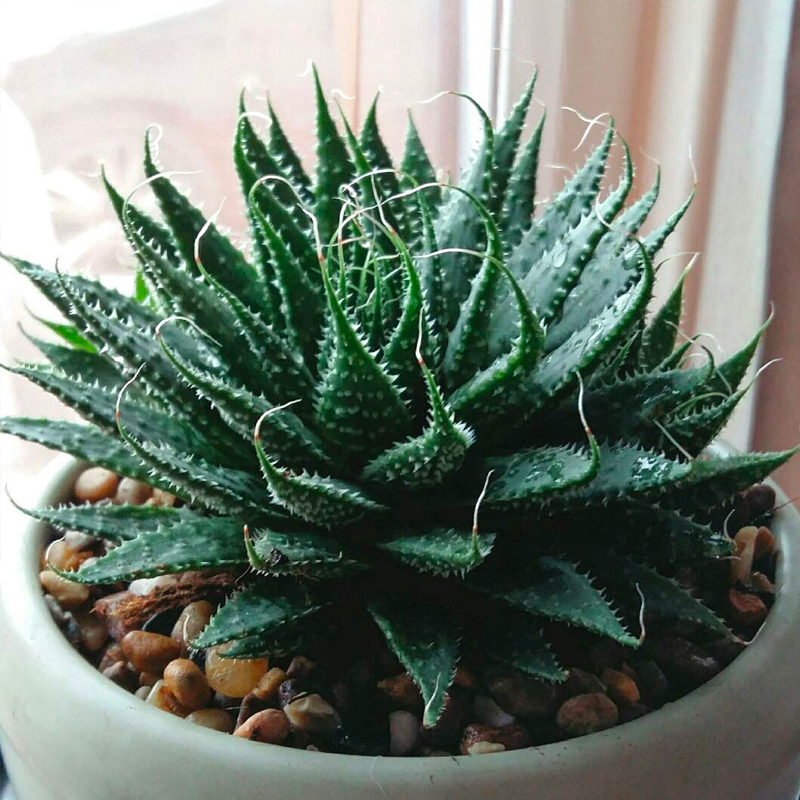
2. Willow bark for pain relief.
The active compound in willow bark, salicin, has been scientifically linked to pain relief and reducing inflammation. It is the precursor to aspirin. Modern research shows its efficacy in treating headaches, back pain, and osteoarthritis.

3. Turmeric fights inflammation.
Curcumin, the active ingredient in turmeric, is extensively studied for its anti-inflammatory and antioxidant properties. A 2016 study in The Journal of Medicinal Food reviewed clinical trials and found that it is as effective as ibuprofen in reducing pain and improving joint function in people with osteoarthritis, without the gastrointestinal side effects.
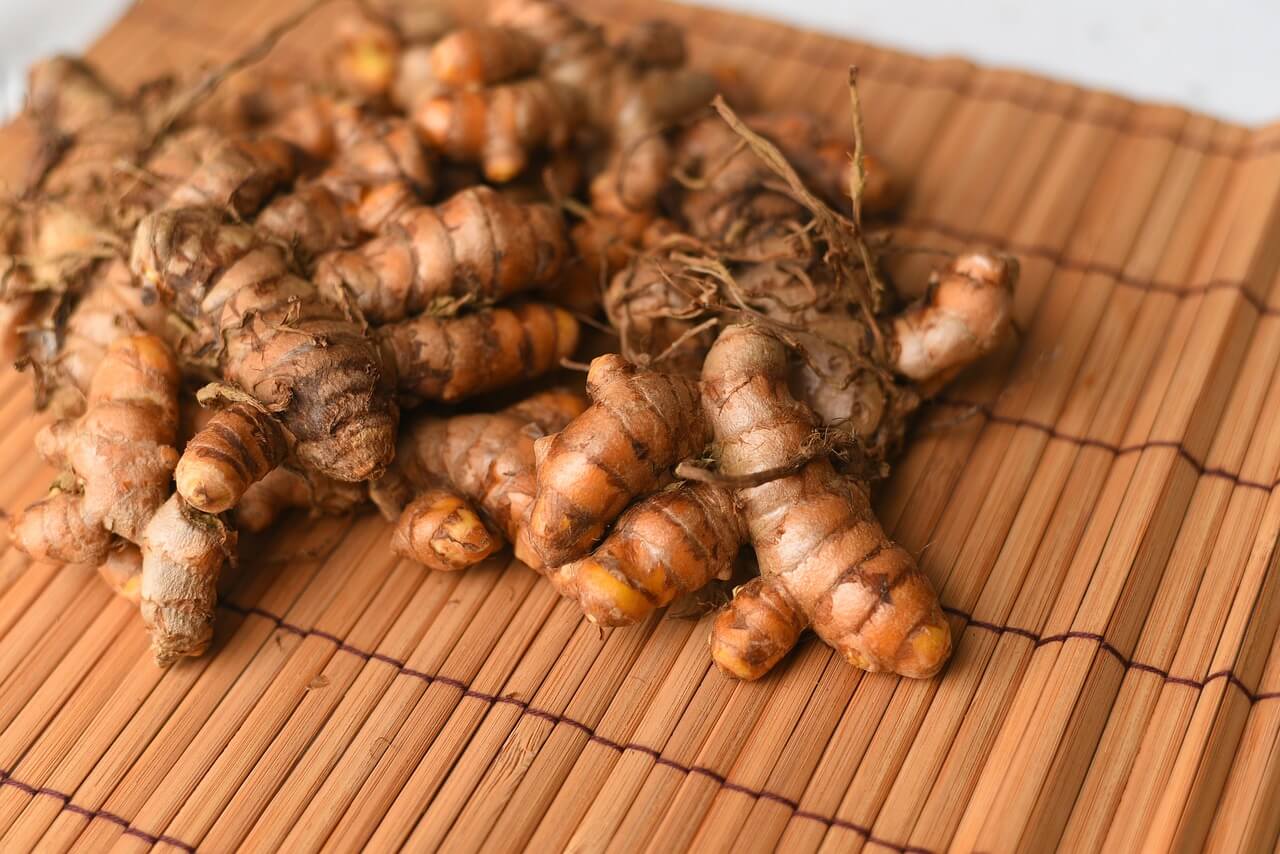
4. Echinacea boosts the immune system.
Some research indicates echinacea can reduce the severity and duration of colds and upper respiratory infections. It stimulates white blood cell production, aiding the immune response. The research isn’t conclusive, though. Can you get a cold while taking echinacea supplements? Yes.
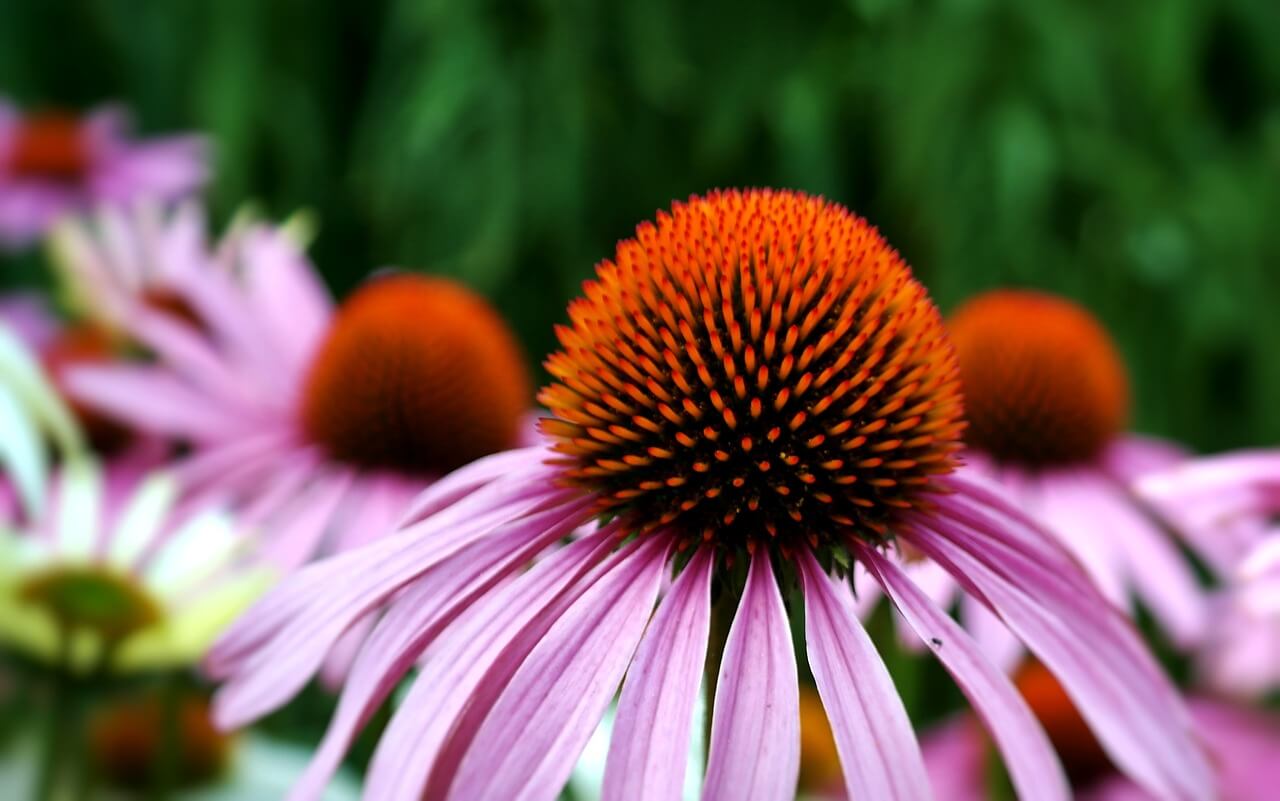
5. Garlic supports heart health.
Studies show garlic can lower blood pressure, reduce cholesterol levels, and improve overall cardiovascular health. Its active compound, allicin, is responsible for many of these benefits. One problem, though, is that garlic supplements still make you burp garlic.

6. Peppermint aids headache.
Scientific evidence supports peppermint oil’s effectiveness in relieving headaches. A topical application of peppermint oil (10 percent) to the forehead reduces tension headache as effectively as the standard dose of acetaminophen. Several studies have found that this research holds up.
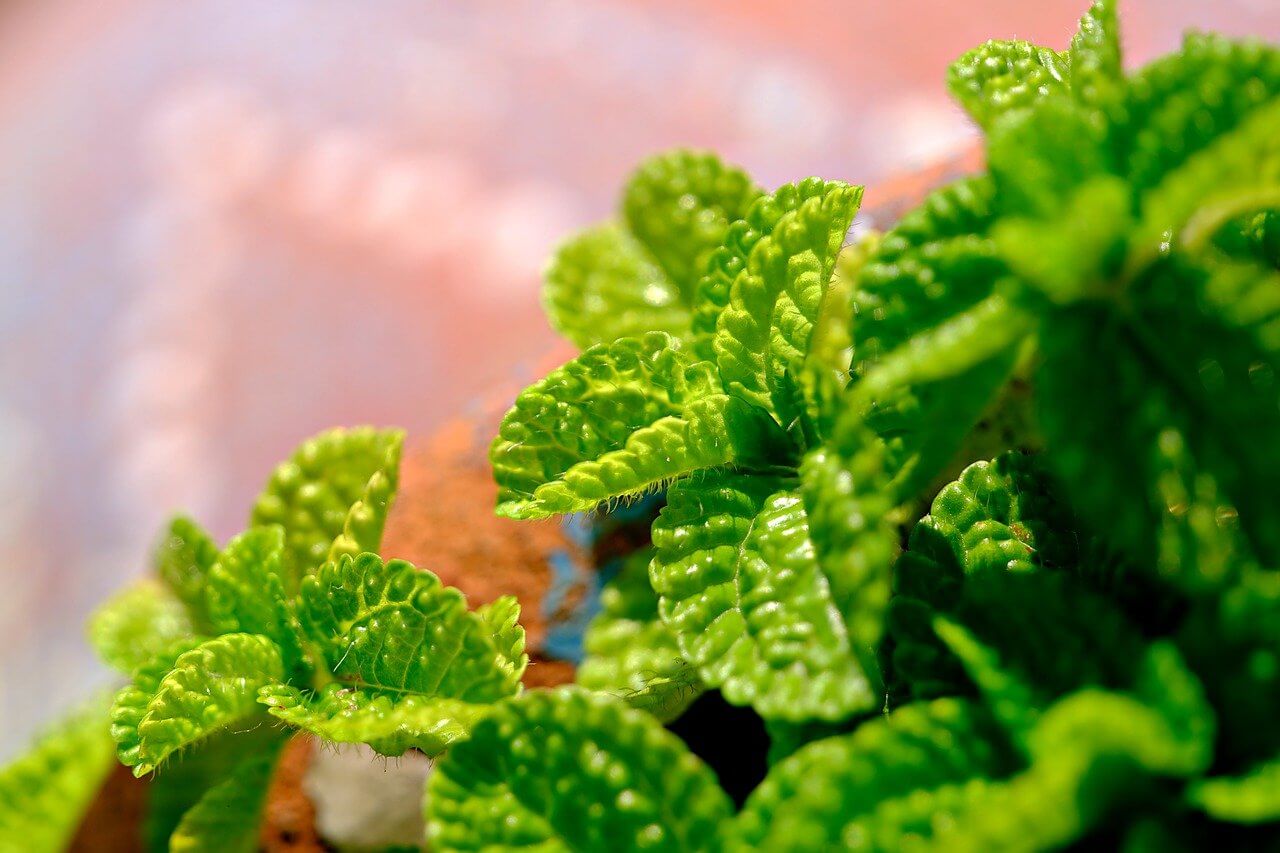
7. Lavender reduces anxiety.
Clinical studies confirm lavender’s ability to alleviate anxiety and improve sleep quality. Its essential oil, used in aromatherapy, is proven to have calming effects on the nervous system. A 2010 study published in International Journal of Neuropsychopharmacology found that Silexan, a patented lavender oil preparation, significantly reduced anxiety symptoms in patients with generalized anxiety disorder, comparable to the effects of lorazepam, a common anti-anxiety medication.
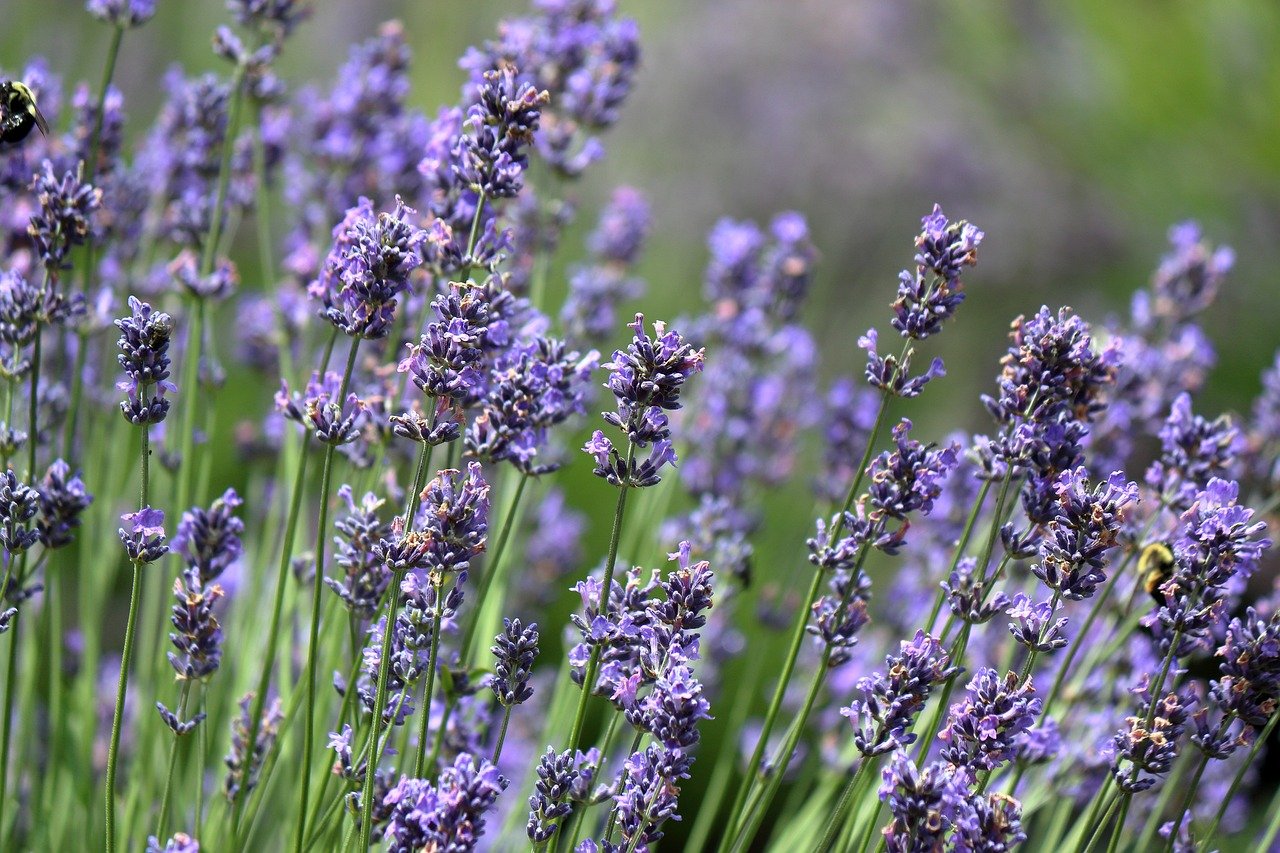
8. Ginger alleviates nausea.
Research shows ginger’s active compounds, gingerols and shogaols, effectively reduce nausea and vomiting, especially during pregnancy, after surgery, or during chemotherapy. It may not work for very severe nausea and some people experience heartburn, bloating or lingering spicy aftertaste.
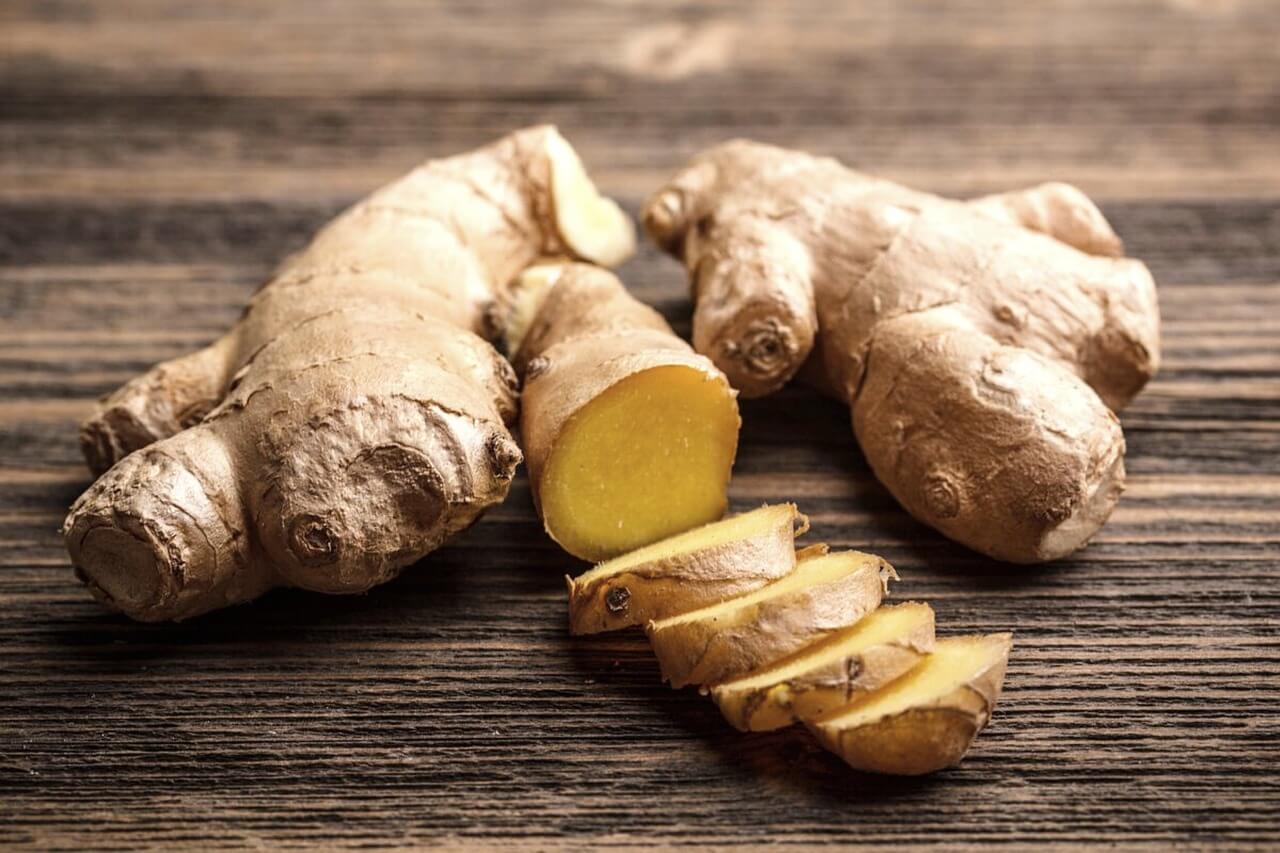
9. Chamomile promotes relaxation and healing.
Chamomile is scientifically recognised for its calming effects, aiding sleep and reducing anxiety. It also has anti-inflammatory properties that can soothe digestive issues and skin irritation. It can cause allergic reactions, though, and the evidence of its effectiveness lacks robust methodologies.
10. Tea tree oil fights infections.
Tea tree oil has antimicrobial properties backed by research. It is effective against bacteria, fungi, and viruses, making it a natural treatment for acne, athlete’s foot, and minor wounds. You can have too much of a good thing, though, and there are many reports of irritation or allergic reactions to it.



